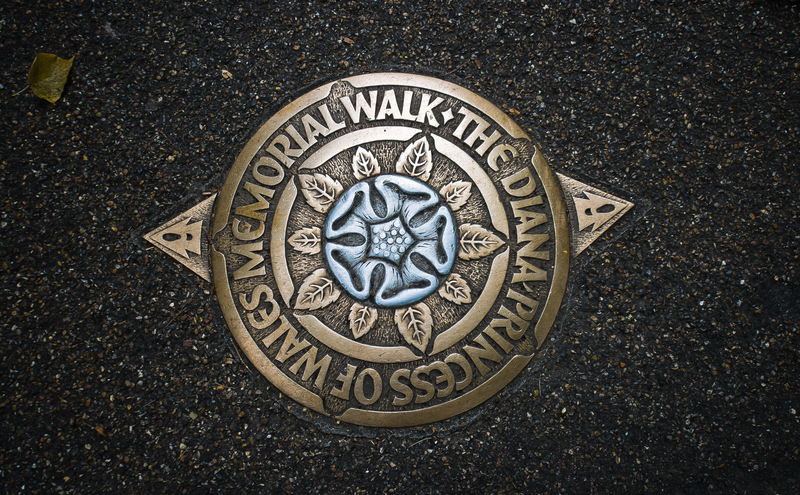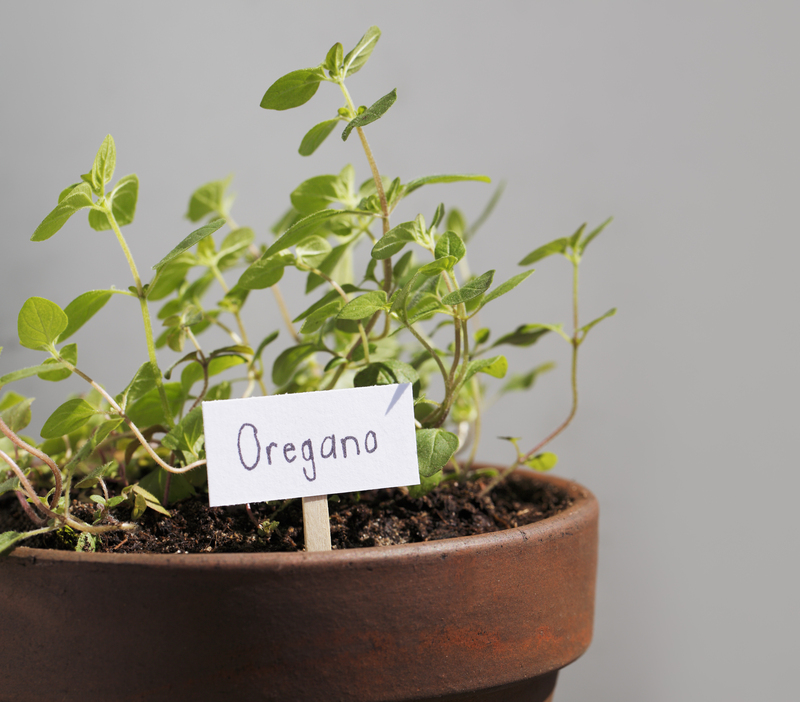Grow These 10 Evergreen Trees for Lush Foliage in Snug Garden Corners
Transform your garden's shaded nooks into vibrant, lush sanctuaries all year round by planting the right evergreen trees. Whether you have a compact backyard or secluded corner needing a burst of life, these carefully chosen evergreen varieties offer visual interest, privacy, and lasting color--even in the smallest, most sheltered spaces.
Why Choose Evergreen Trees for Tight Garden Spaces?
Evergreens provide consistent structure and color when most plants lie dormant. Their adaptability makes them invaluable, especially when you want to maximize green coverage in small gardens or neglected corners. Unlike deciduous trees that drop leaves annually, evergreens bring year-round texture, cover, and wildlife appeal.
- Privacy screening and noise reduction
- Windbreaks for sensitive plants
- Low maintenance requirements
- All-season interest with minimal care

How to Select the Perfect Evergreen Tree for Your Garden Corner
When choosing the best compact evergreen trees for confined garden areas, keep the following factors in mind:
- Size at maturity: Avoid trees that will outgrow their spot and become problematic.
- Growth habit: Columnar and pyramidal shapes are ideal for tight corners.
- Soil and light requirements: Assess your garden's conditions. Some evergreens thrive in shade; others require more sun.
- Maintenance needs: Select species requiring little pruning or specialized care.
The 10 Best Evergreen Trees for Garden Corners
Ready to add vibrant, enduring green foliage to the most overlooked parts of your yard? Explore these exceptional species, each offering unique qualities for your landscape.
1. Dwarf Alberta Spruce (Picea glauca 'Conica')
This slow-growing, conical tree is celebrated for its dense, soft needles and neat, symmetrical shape. Perfect for containers, corners, or entryways, the Dwarf Alberta Spruce rarely exceeds 6-8 feet in height, making it one of the best evergreen trees for small spaces.
- Sun requirements: Full sun to partial shade
- Soil: Well-drained, slightly acidic
- Special features: Cold-hardy, minimal pruning needed
2. Emerald Green Arborvitae (Thuja occidentalis 'Smaragd')
Known for its compact, upright growth and bright green foliage, this variety is a top choice for privacy hedges or accent trees. Its narrow width fits snug corners or along property lines.
- Height: 10-15 feet tall, 3-4 feet wide
- Sun: Full sun to partial shade
- Disease resistance: Very resilient and low-maintenance
3. Japanese Yew (Taxus cuspidata)
The Japanese Yew thrives in challenging shade and offers rich, dark green needles throughout the year. With flexible pruning, it can maintain a tidy form or grow into a sculpted focal point.
- Light: Full sun to full shade
- Soil: Well-drained, adaptable
- Note: All parts are toxic if ingested. Avoid where pets and children play.
4. Sky Pencil Holly (Ilex crenata 'Sky Pencil')
This unique, columnar holly grows straight upward--earning its "pencil" moniker. It's perfect for accentuating tight vertical garden niches or flanking entryways with its slender, stylish silhouette.
- Mature size: 6-8 feet tall, 2 feet wide
- Features: Evergreen, glossy leaves, female plants may produce small black berries
- Light: Sun to partial shade
5. Camellia (Camellia japonica)
Camellias add both lush foliage and stunning blooms to shaded garden corners. Their broadleaf, glossy leaves stay vibrant year-round, and winter-spring flowers provide seasonal drama.
- Best for: Partial to full shade and sheltered locations
- Height: 6-12 feet (prune to fit your space)
- Care tip: Protect from strong winter winds for best health
6. Italian Cypress (Cupressus sempervirens)
If you crave classic Mediterranean flair--even in tight corners--look to the Italian Cypress. Towering yet extremely narrow, these evergreens bring drama and height without crowding your garden.
- Growth: 30 feet tall, but only 3-4 feet wide
- Sun: Full sun is best
- Benefit: Evergreen privacy and architectural interest
7. Boxwood (Buxus spp.)
Renowned for their dense foliage and easy shaping, boxwoods are some of the best evergreens for defining corners, borders, and pathways. Dwarf varieties fit snug spaces and grow happily in containers.
- Light: Sun or part shade
- Height: 2-6 feet, depending on variety
- Maintenance: Prune for shape; drought-tolerant when established
8. Variegated Japanese Pittosporum (Pittosporum tobira 'Variegata')
This attractive evergreen boasts creamy-white edged leaves, adding brightness even in dim corners. Compact growth habit makes it ideal for foundation plantings or as an accent in sheltered sites.
- Size: 6-10 feet tall, easily pruned smaller
- Sun: Full sun to partial shade
- Feature: Fragrant flowers in spring
9. False Cypress (Chamaecyparis pisifera)
With soft, feathery foliage and a choice of colors--from green to blue to gold--false cypress adds unique form and texture to overlooked areas. Dwarf cultivars such as 'Golden Mop' stay compact for years.
- Height: As small as 3-5 feet tall
- Light: Full sun to partial shade
- Pro: Highly ornamental, low care
10. Mountain Laurel (Kalmia latifolia)
This North American native stands out for its glossy leaves and showy spring flowers. Mountain laurel adapts beautifully to partial shade and acidic soils, making it perfect for woodland gardens or shaded nooks.
- Height: 5-12 feet, manageable in small spaces
- Light: Dappled sun, partial shade
- Benefit: Deer-resistant, attracts pollinators
Caring for Evergreen Trees in Snug Garden Corners
For lush, healthy evergreens, proper site preparation and ongoing care are crucial--especially in confined areas where soil and light may be limited:
Planting Tips for Maximum Success
- Test your soil--amend if necessary for drainage and nutrient balance.
- Position trees to avoid root competition with nearby structures or larger trees.
- Mulch generously to retain moisture and insulate roots from temperature swings.
- Water regularly, especially during establishment and in dry climates.
Pruning and Shaping
- Regularly remove dead or diseased branches to encourage healthy growth.
- Shape hedges or topiary forms with sharp, sanitized tools--avoid heavy pruning during extreme heat or cold.
- Control size with annual trimming, particularly with faster-growing varieties.
Pest and Disease Prevention
- Choose resistant varieties and avoid overcrowding to minimize disease pressure.
- Inspect regularly for common pests such as spider mites, scale, or leaf spot fungi.
- Promote healthy soil by adding organic matter once a year.
Best Design Ideas: Showcasing Evergreen Trees in Tight Spaces
Maximize impact in limited corners by incorporating a blend of evergreen trees with diverse heights, colors, and textures. Try some of these garden design ideas to highlight lush foliage even when space is at a premium:
- Use columnar species (like Sky Pencil Holly or Italian Cypress) for strong vertical interest or to frame gateways.
- Plant pyramidal or conical trees (such as Alberta Spruce) in containers flanking doorways or patios.
- Mix in flowering evergreens (like Camellias or Mountain Laurals) for bursts of seasonal color in shaded corners.
- Pair evergreens with shade-tolerant groundcovers and low perennials (think Hostas, Ferns, or Epimedium) for layered, no-fuss greenery.
Creating All-Season Color and Texture
- Combine variegated foliage (Pittosporum, Boxwood) with deep greens for visual interest.
- Use mulch, bark, or decorative stones at the base to enhance appearance and retain moisture.
- Install up-lighting beneath vertical evergreens for dramatic evening ambiance.

Frequently Asked Questions About Evergreen Trees in Garden Corners
Which evergreens stay small enough for limited spaces?
Dwarf Alberta Spruce, <
What's the best evergreen tree for shady corners?
Japanese Yew, Camellia, and Mountain Laurel all perform beautifully in partial to full shade, keeping foliage dense and attractive year-round.
Will evergreen trees damage foundations or walls?
Choose trees with non-invasive root systems and plant at least as far from structures as the tree's anticipated mature width. Dwarf and columnar types are safest for patios and close borders.
How do I keep evergreens looking lush?
Proper watering, annual mulching, gentle fertilization, and regular pruning are key. Watch for signs of overwatering, nutrient deficiencies, or pests.
Conclusion: Enjoy Year-Round Greenery in Every Nook
By selecting the right evergreen trees for garden corners, you can enjoy robust privacy, texture, and color in every season--no matter how snug the spot. Whether you prefer classic conifers, flowering shrubs, or sculptural hollies, there's a perfect evergreen solution for every scenario. With these ten outstanding candidates, transforming shaded or overlooked garden spaces into lush oases has never been easier or more rewarding!